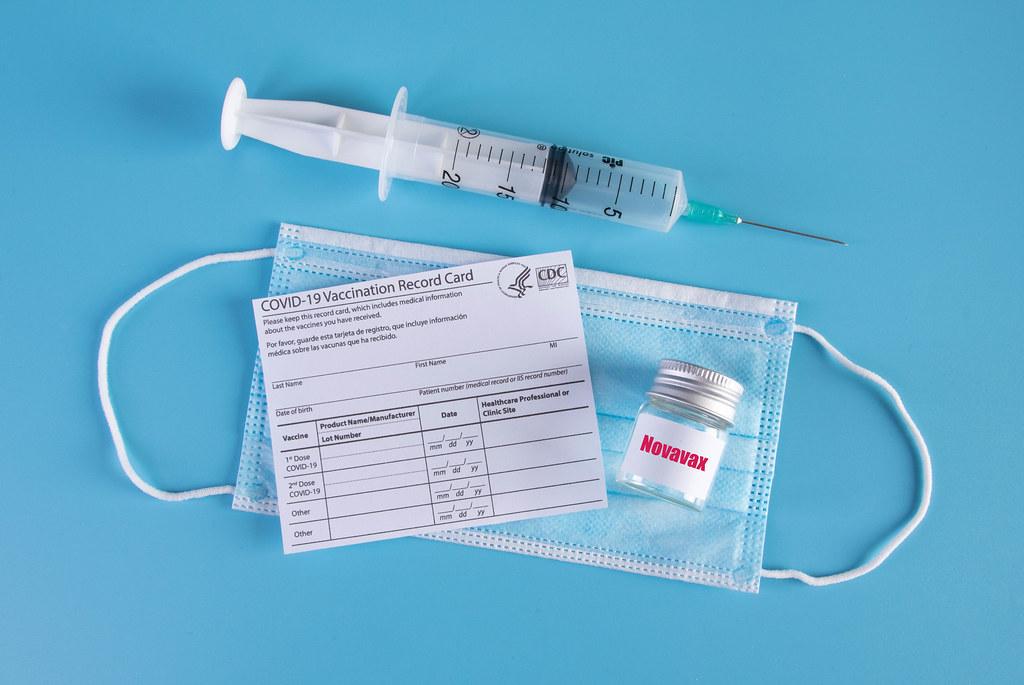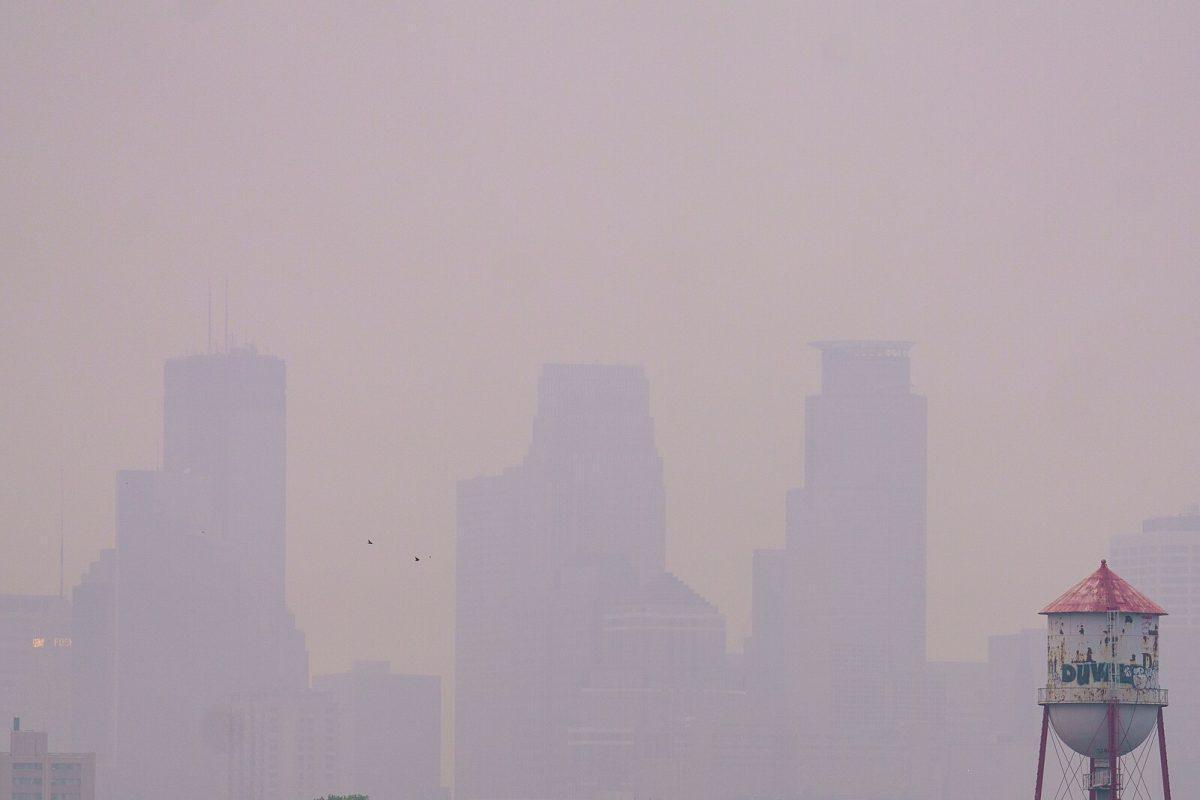The World Health Organization, or WHO, has declared COVID-19, better known as the Coronavirus, a global pandemic. At present, approximately 156,100 cases of the coronavirus have been declared across the globe. Originating from a live animal market in the city of Wuhan, in Hubei Province in China, the virus has now begun to spread rapidly, and at present, is affecting people in 142 countries.
The new coronavirus seems to spread very easily, especially in confined spaces like homes, hospitals, churches and cruise ships. It appears to spread through droplets in the air and on surfaces from a cough or sneeze.
Common symptoms of this infection include fever, a dry cough, fatigue and difficulty breathing or shortness of breath. The illness causes lung lesions and pneumonia. Some of these symptoms overlap with those of the flu, making detection difficult, but runny noses and stuffy sinuses are less common.
“At present, approximately 156,100 cases of the coronavirus have been declared across the globe.”
This past week the United States ordered a temporary travel ban on many European nations in an effort to minimize the spread of the virus. In addition to the travel bans, various states including Ohio, New Mexico, and Connecticut have closed shut down all public schools, and it is possible that New York State will follow suit shortly.
In the coming weeks cases across the United States are expected to increase dramatically, due to more widespread testing becoming available. “I can say we will see more cases and things will get worse than they are right now,” Dr. Anthony Fauci, director of the National Institute of Allergy and Infectious Diseases, told a House committee Wednesday.
Various countries have locked down their borders and restricted travel. Italy, with approximately 21,200 cases has shut down all businesses except for banks, pharmacies and grocery stores, and virtually placed the entire nation on lockdown. Spain and France are expected to enforce total lockdowns by March 16th. Iran has banned public gatherings in response to a drastic increase in cases, about 13,000 as of March 14th.
From coast to coast Americans are stockpiling non-perishable food items, as well as sanitary supplies. Many supermarket chains have enforced limits on the amount of various products a customer is allowed to buy, in order to mitigate the drastic amounts of stockpiling that is taking place.
“And I think we’ve handled it very, very well.” said U.S. President Donald Trump. However the average American clearly doesn’t believe this has been handled well, as Trump’s approval rating has dropped 7% this past week. Furthermore many Americans are calling out the U.S. government for the lack of available testing, as only 30,000 U.S. citizens have been tested in the past two weeks, while countries such as South Korea are testing up to 10,000 a day. “Most doctors today cannot test people for coronavirus, because we just don’t have the tests. Every other major country has figured out how to do it … And I think all of us in the public health community are baffled that we, the most sort of innovative, ingenious country, with all this scientific capacity, have not been able to do this. It’s really a failure of federal leadership,” said Dr. Ashish Jha of the Harvard Global Health Institute
With millions expected to become infected within the coming month life will continue to drastically shift for people across the world. Bottom line, it’s going to get worse.
For more information regarding COVID-19 please refer to:
CDC: Coronavirus Disease 2019 (COVID-19)
World Health Organization: Coronavirus
Johns Hopkins Live Map: Coronavirus COVID-19 (2019-nCoV)








































